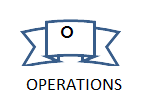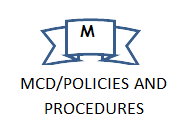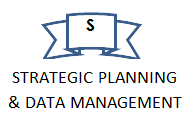Special Education Instruction
Page Navigation
-
Instruction Home
-
K-12 Instructional Programs and Supports
- Deaf and Hard of Hearing (DHH) Program
- Moderate/Severe Instructional Programs
-
Positive Behavior Support
- Contact Us
- Behavior Related Services
-
Trainings
- Functional Behavior Assessment (FBA) Training
- Online Behavior Intervention Implementation (BII) Service Tracking Course
- Online Classroom Management Modules
- Online Functional Behavior Assessment (FBA) Overview
- Professional Development for ED SDP Teachers
- Behavior Safety-Care Emergency Training (B-SET)
- Parent Resources
- FAQ
- Transitioning to Life After High School - DOTS
- Visual Impairment (VI) Program
-
K-12 Instructional Programs and Supports
- Inclusion
-
Effective Classroom Teaching and Learning: Supports and Services
- Access for All: Universal Design for Learning
- Accommodations, Modifications, and Instructional Supports
- Achieving Success: Exiting Special Education Support - Transition from High School
- Dyslexia Awareness
- English Learners and Students with Disabilities
- Extended School Year (ESY)
- For Parents, Students, and Families
- Intervening Early and Often: Multi-Tiered Systems of Support (MTSS)
- Learning Centers and the Resource Specialist Program
- Independent Charter Schools
- Early Childhood Special Education
- Least Restrictive Environment Support
- Private School Support
- Psychological Services Department
- Related Services
- Special Education Home Page
- Los Angeles Unified School District
- Related Services
Adapted Physical Education Service Delivery Models
-
The District supports a variety of strategies for the delivery of APE services, including consultation, collaborative and direct service models. Delivery of services may fall into these 3 categories and like a pendulum, service delivery may swing back and forth between less intense to more intense depending on the level of support needed at any given time to meet the student’s core academic program needs:
- Consultation is a service provided indirectly to the student consisting of regular review of student progress, student observation, accommodations and modifications for core material, developing and modeling of instructional practices through communication between the general education teacher, the special education teacher, parent and/or related service provider.
- Collaboration is a service by which general education teachers, special education teachers and/or related service providers work together to teach students with and without disabilities in the classroom. All are responsible for direct instruction, planning and delivery of instruction, student achievement, progress monitoring and discipline to support the student goals and objectives and to access the curriculum.
- Direct Service is instruction or service by a single special education provider designed to support, bridge, and strengthen student skills. It is an opportunity to provide specific skill instruction, re-teach, pre-teach, and scaffold instruction to support student goals and objectives and to access the curriculum.







